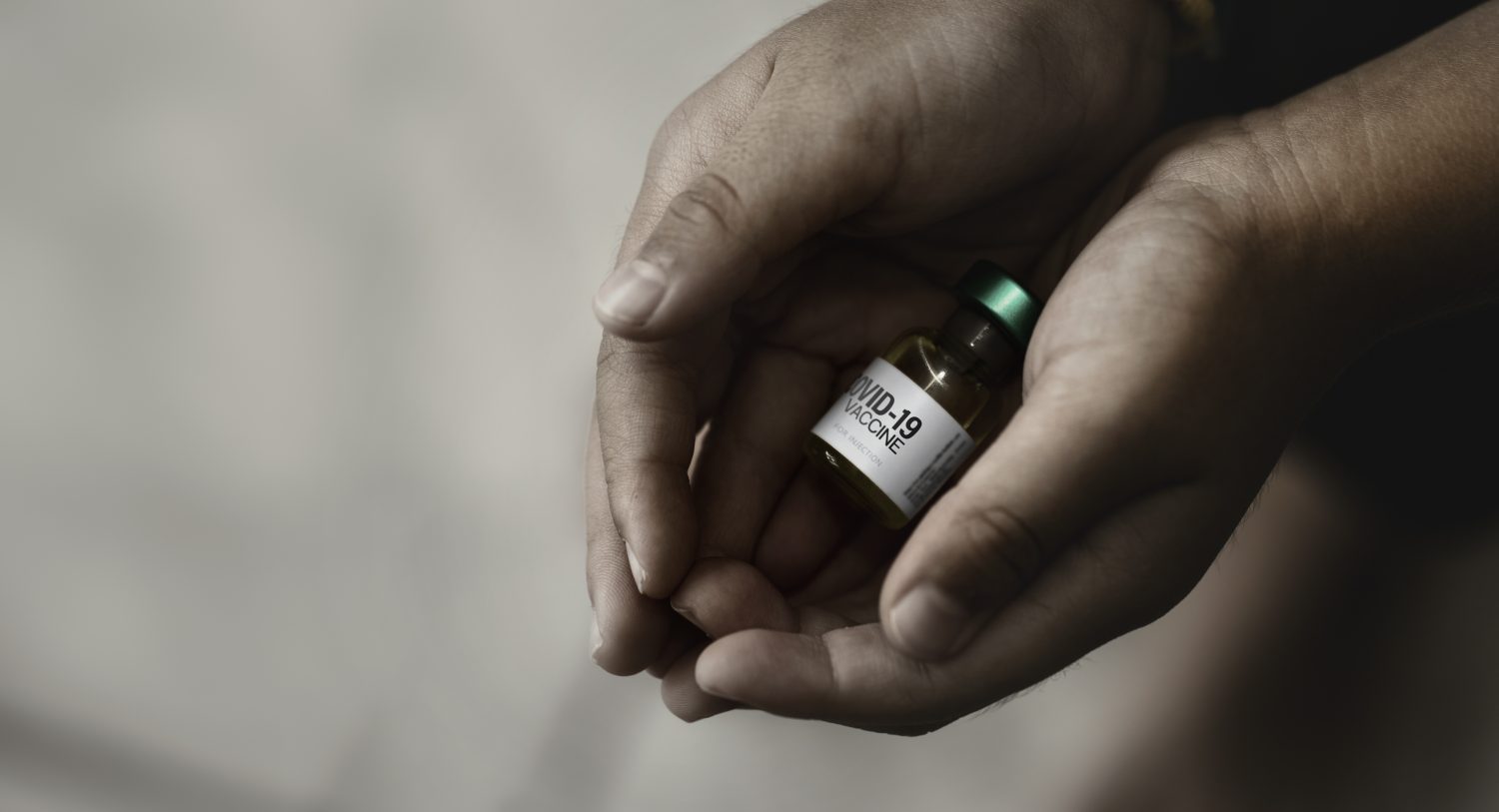« Dans son rapport ‘Delivering Pandemic Resilience’ de septembre 2020, DHL a évalué les moyens nécessaires pour garantir des chaînes de distributions résilientes pour vaccins et matériaux médicaux pendant la pandémie du Covid-19 et pour le cas échéant de futures urgences sanitaires.
La publication se base sur de multiples discussions avec des experts de l’industrie et d’organisations non-gouvernementales, sur la recherche publique ainsi que sur leur propre expérience extensive dans le secteur de la logistique.
En portant un regard géographique sur la distribution du vaccin, et en considération du fait que la température joue un rôle primordial dans sa conservation, DHL note que les pays aux infrastructures et chaînes du froid limitées se voient potentiellement face à des enjeux plus problématiques. Ainsi, l’entreprise considère dans son rapport que de grandes parties de l’Afrique, de l’Amérique du Sud et de l’Asie manquent les capacités requises et suggère des moyens de transports innovatifs et spécialisés afin d’atteindre les populations dans les régions excentrées.
Dans ce contexte, j’aimerais poser les questions suivantes à Monsieur le Ministre de la Coopération et de l’Action humanitaire:
- À ce stade, est-ce que Monsieur le Ministre est au courant de tels problèmes dans les pays avec lesquels l’État luxembourgeois a signé un accord général de coopération et l’aide humanitaire ?
- Dans l’affirmative, est-ce que le Grand-Duché de Luxembourg a prévu d’apporter de l’aide dans ces régions suivant l’objectif de développement durable “Bonne santé et bien-être’ des Nations Unies, ayant pour but de ‘permettre à tous de vivre en bonne santé et promouvoir le bien-être des tous à tout âge” ? »
Response
Luxembourg‘s Cooperation emphasizes strengthening the health systems in its partner countries. This reinforcement is also intended to contribute to the deployment of the vaccine against Covid-19 in these countries. Luxembourg‘s support is part of the “Team Europe” initiative and since the start of the health crisis, Luxembourg has contributed nearly EUR 69 million, with a geographic focus on West Africa. The support of Luxembourg‘s Cooperation also includes sectoral support and contributions to multilateral response mechanisms. Luxembourg is closely observing the situation on the ground such as to be able to provide an appropriate response to the needs identified, if necessary.






